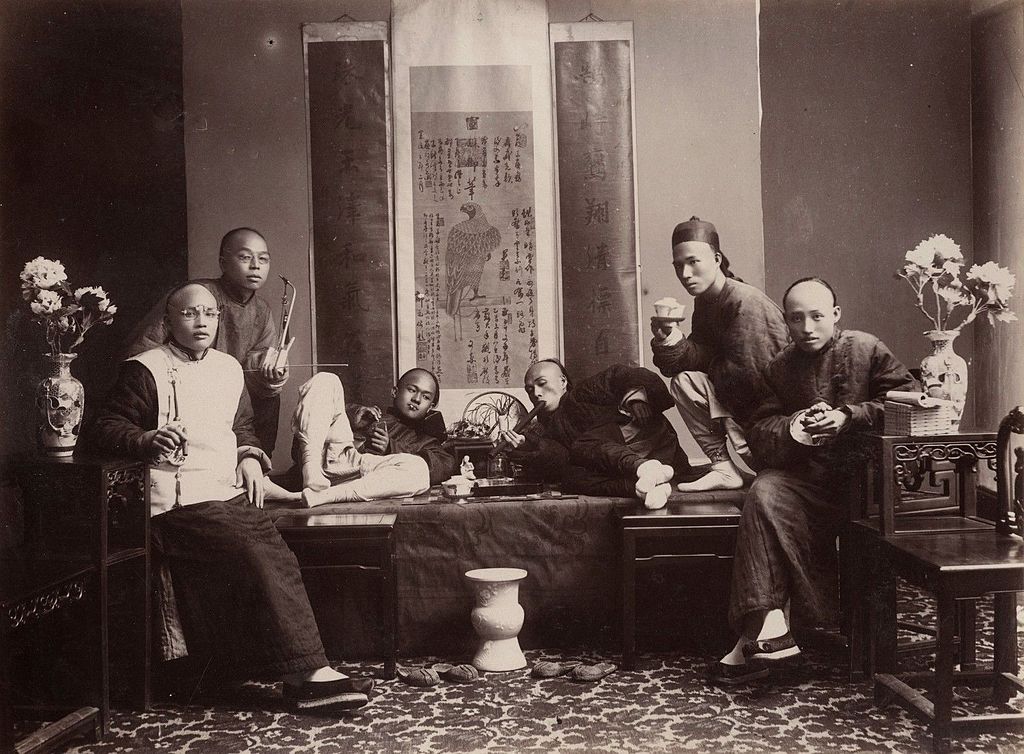When my amazing colleague and friend, Kim, invited me and several of our colleagues to join her on the Slice of Life challenge, I told her YES, hoping that, by the time March rolled around, I'd miraculously be energized and excited to blog every single day for the next 31 days. When the miracle I was hoping for did not happen, I told myself I'd try it for three days, and if I hated it, I could stop.
And so I tried.
On day one, I told myself it didn't matter what I write, just write. Don't worry about who is going to see this first draft writing.
On day two, I discovered I had no desire to write about my work. After a full day of teaching, and with grading and planning always looming nearby as I stole some time to write, I needed this space to be a retreat, a place where I could fill my well. And I confess: I prefer reading and commenting on slices about anything over work.
By day three, I knew I could stop and not feel that I had let myself down--after all, I had reached my initial target of 3 days. But I didn't want to.
In the last month, I've reconnected to a pleasure I let fall to the wayside when I became weighed down by the daily grind of teaching. The irony of this is not lost on me. An English teacher who teaches writing but doesn't write on a regular basis? Bad, bad, bad. And yet, that is a vast majority of teachers. Imagine if school leaders actively created working conditions that support the professional growth of teachers? For all the talk of "rigor" and "literacy across the curriculum" at my school, I have yet to see a visionary move to support the lives of teachers as readers, writers, and scholars. And it is so fixable.
Putting your money where your mouth is matters. I am so proud of all of us for taking the plunge into this challenge. I have had the pleasure of writing alongside masters whose words and spirit inspired and sustained me throughout the month. I have deepened friendships with colleagues I already admired, respected, and adored but now feel even closer to. And I am so grateful to Kim for rallying us to write.














